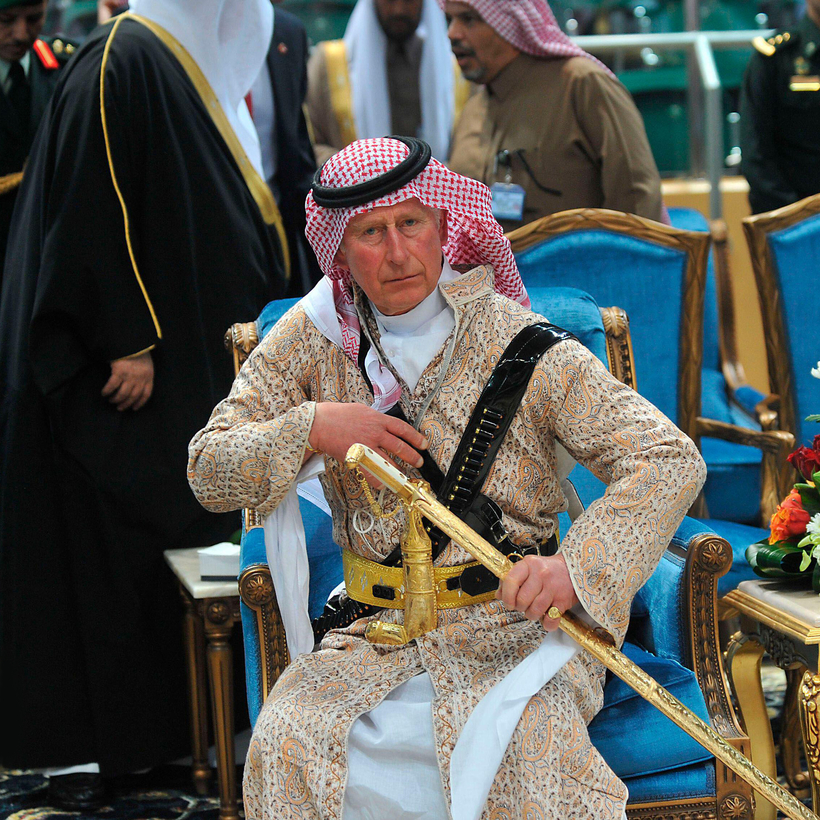When it was recently revealed that Prince Charles’s adviser Michael Fawcett is facing allegations of awarding an off-the-books honorary C.B.E. to a Saudi banker in return for a large charitable donation, you could be forgiven for thinking that Prince Charles might not have been consulted. After all, the future King does nothing but hand out honors all year long. Maybe, you could posit, he did this accidentally, by reflex.
However, it is becoming increasingly apparent that the Prince of Wales’s charities have something of a habit of overstepping the mark. Last weekend, in The Times of London, it was also reported that a charity of which Prince Charles is a patron had allegedly received donations from a shady Russian oligarch once convicted of money-laundering. More pressingly, some of the money seems to have gone missing entirely. Whether it was by accidental mismanagement or deliberate subterfuge, the slipup calls into question Prince Charles’s ability to run a charity. And if he cannot competently run a charity, who would want to see him named head of state?


